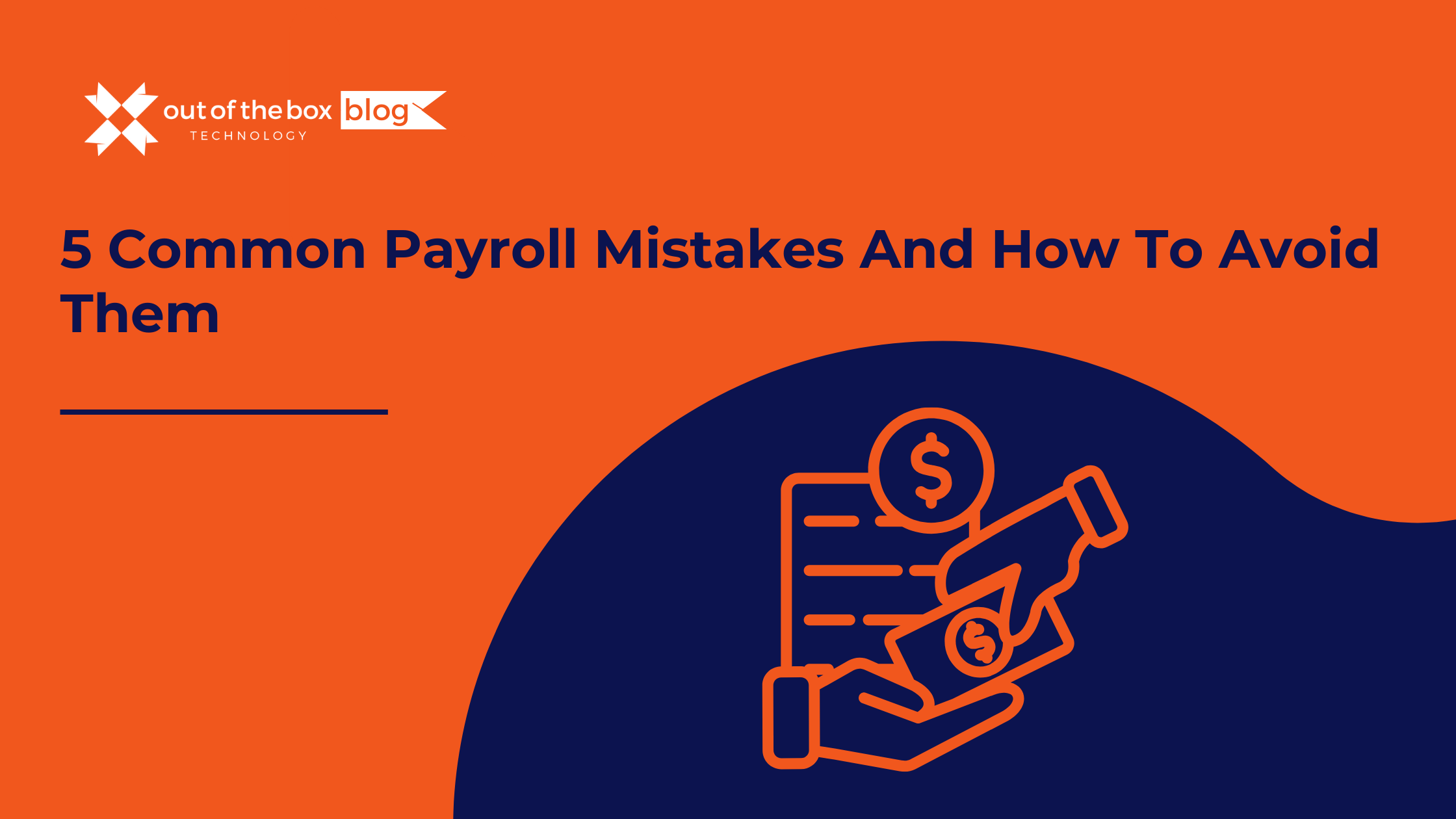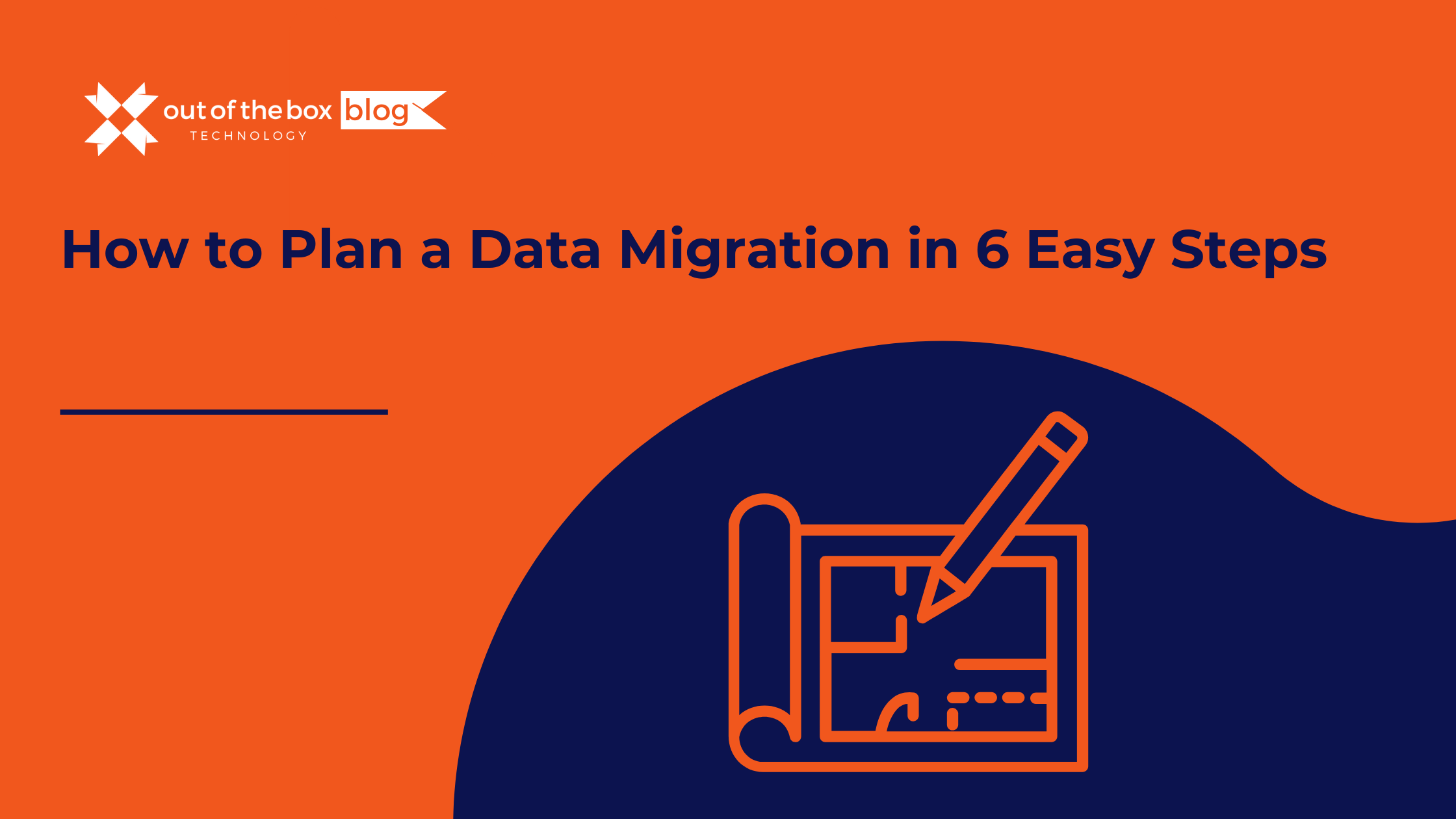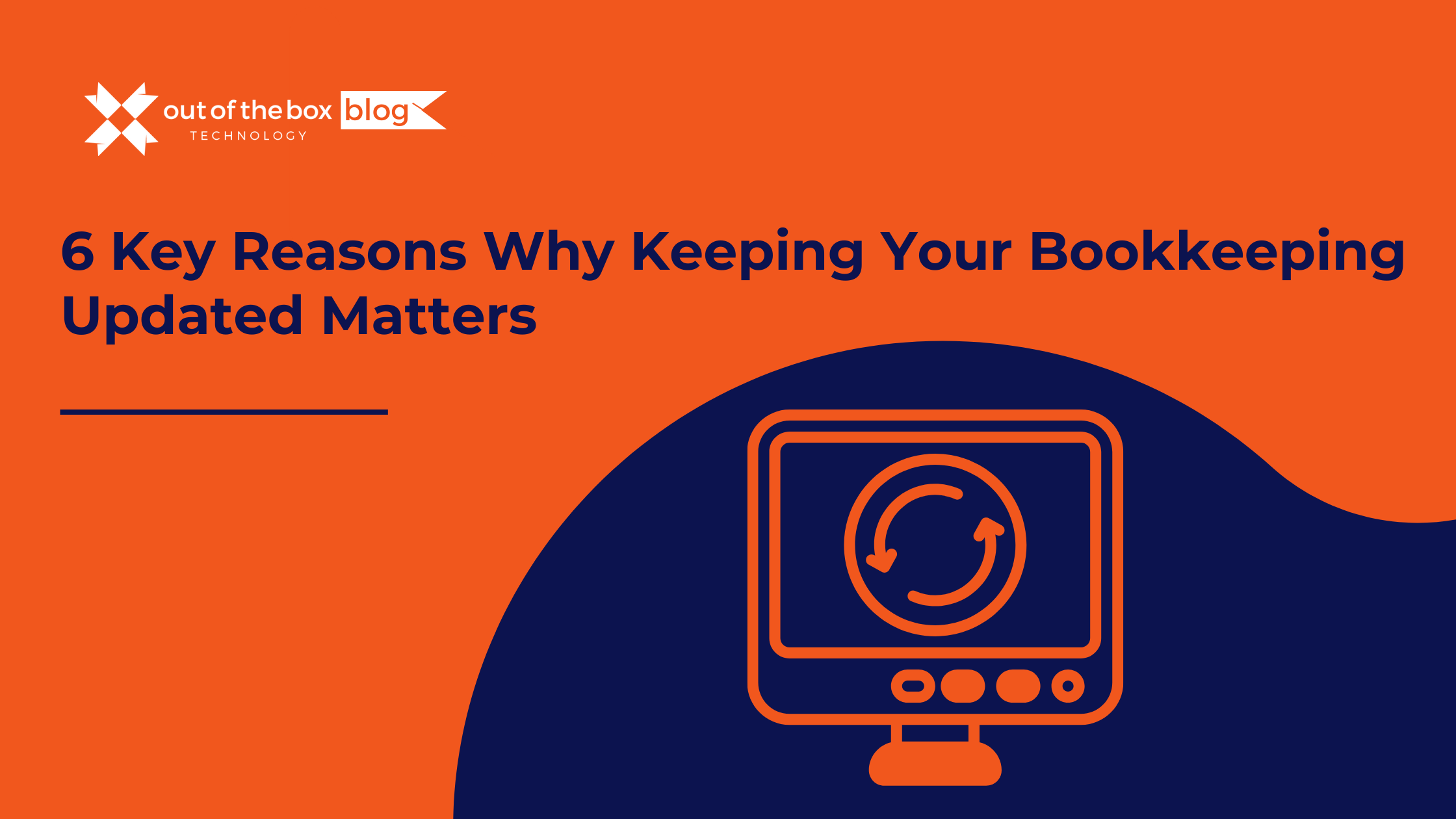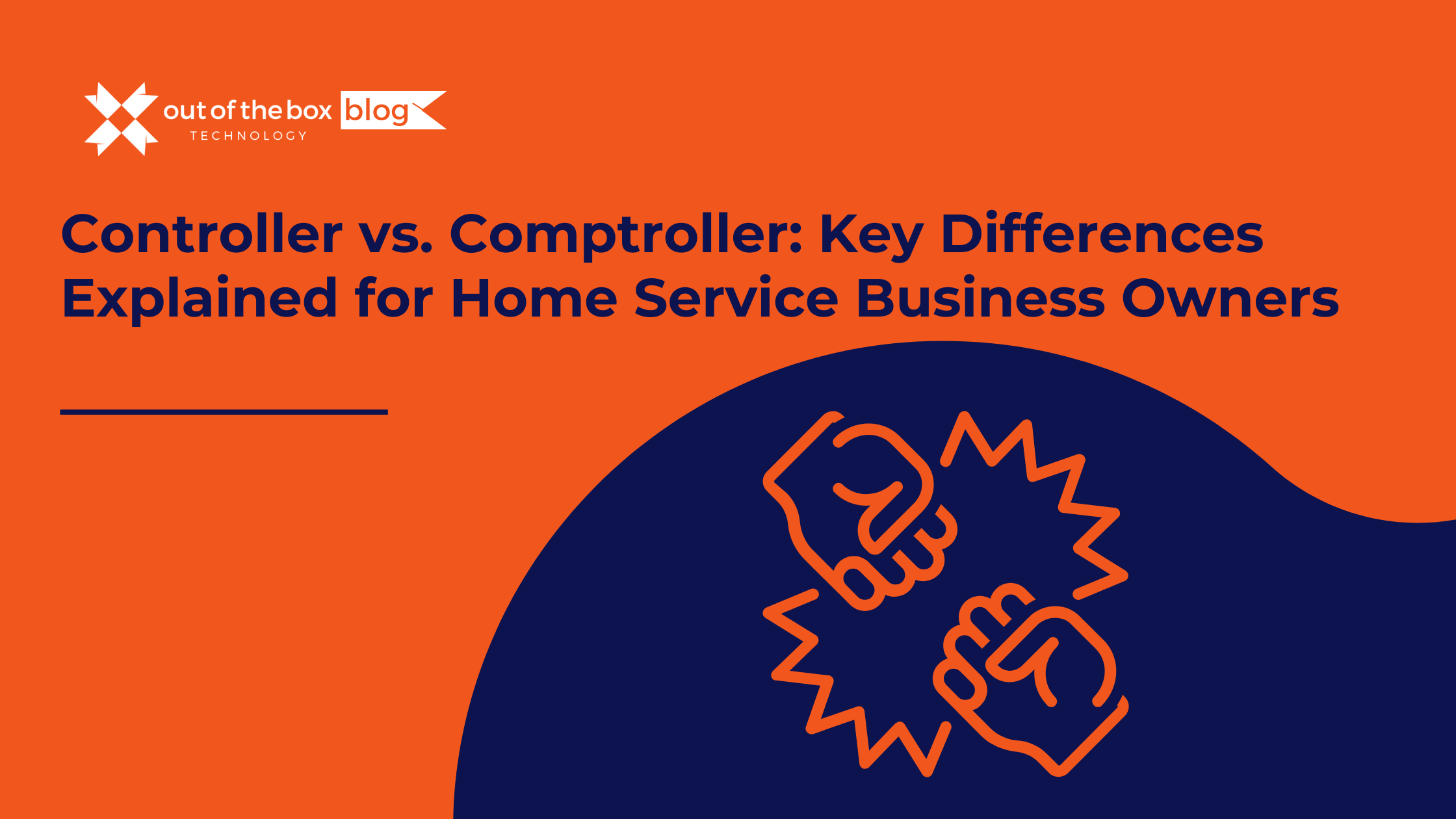The lifeblood of any business whether small or large is financial integrity. Therefore, the efficient management of your small business accounting can help establish your success.
Keeping your accounting and finances in order should be an achievable goal. Yoll not only save time but also money. Bear in mind that organizing your accounting takes effort and time. Furthermore, you require a solid plan. Nevertheless, these invaluable tips will help you maintain efficiency.
1. Separate Your Business and Personal Finances
Numerous small business proprietors have a hard time separating their business and personal finances. In fact, most tend to commingle accounts, particularly when they’re just starting out.
Is important to note that mixing your private and business transactions is a recipe for disaster. Is important you open different credit cards and checking accounts for your business to maintain separate finances.
If you dot separate your finances, you wot have a clear picture of your business economic health. Furthermore, you could end up wasting time going through bank records trying to establish the deductible expenses during tax season.
Separation of funds may also provide protection and will make it easier when you sell the business (tax reasons, establishing valuation, etc). Yoll also discover that opening a business account is very affordable these days, so thers no excuse.
2. Track all Transactions
Tracking your cash is crucial to identifying your financial status. Numerous small businesses adopt a simple cash technique to perform bookkeeping. You should record all business transactions.
This implies that you should take note every time money enters or leaves your business. Consider scheduling a weekly appointment to organize and review your business finances.
Make sure you dot omit this phase in your bookkeeping. This will make it easier when reconciling your books at the end of the year.
3. Use Small Business Accounting Software
Accounting software like QuickBooks will allow you to track your business transactions easily. Although you may consider a ledger to track your expenses and income, these days you can access various affordable and high quality software options. To learn more about the different options available, and find the best one to fit your needs, schedule a free product consultation with one of our small business accounting experts.
Instead of trying to save some money by performing this task manually, software is preferable since is easier, quicker, and more precise than paper and pen.
Additionally, software maintains your records in one place rather than scattered around the office. Some companies will deposit and file taxes for you, thereby decreasing the likelihood of accounting errors in your books. Is important you seek a user-friendly software that offers excellent customer support.
4. Hire a Professional Accountant
Not everybody needs to engage in professional services. However, you may discover that your business and personal tax situation demands professional assistance.
A good professional can help you discover ways to capitalize on business deductions and find other means of maximizing your return.
An accountant will further help you calculate estimated and self-employment taxes, both of which are necessary for small businesses. A good accountant should stand by his or her work and provide assistance if yore ever subjected to an audit. Yoll discover that outsourcing the task frees your time for important tasks.
5. Organize Your Paperwork and Digitize
Ensure you keep your business paperwork in an orderly manner. These days, you can scan the paperwork and store it electronically on your small business accounting software or a simple filing system. Is important you maintain a separate e-folder for each year and month. There are hundreds of great QuickBooks add-ons your business can utilize to take this step to the next level including:
- Document management software like we can HubDoc.
- Expense tracking software like Expensify or Tallie.
- Bill management software like Bill.com.
6. Adopt a System for Accounts Receivable
Always ensure you implement a system for recording whether your clients have paid your accounts receivable. Is equally important to track the unpaid debts, so you can follow up promptly.
If you are having trouble staying on top of your accounts receivable, there are plenty of tools in the newer versions of QuickBooks, and 3rd party add-ons that can automate your billing and payments.
7. Review Your Books Often
Successful businesses have a clear understanding of their monetary picture and constantly plan. Is important you examine your finances frequently and avoid organizing last minute.
Final Thoughts
Organizing your accounting will save you money and time while making your business more successful. Perhaps even more important, it will be less stressful.
Need help organizing your accounting in QuickBooks? Our experts are about your business running smoothly. If you need assistance with your books being updated, you’ve come to the right place.
Schedule a complimentary QuickBooks data file review today for a quick and easy QuickBooks health check.




